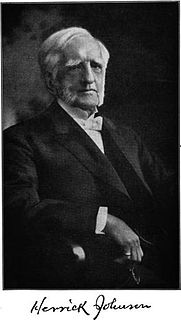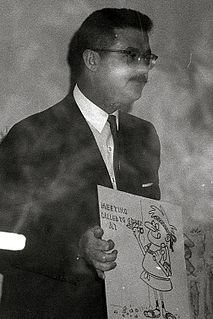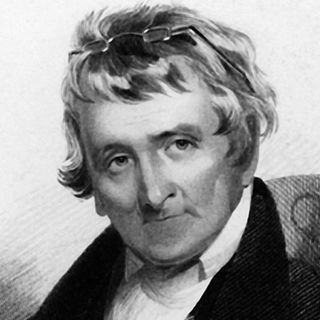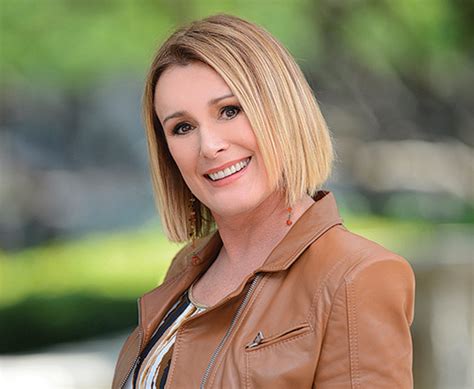A Quote by J. C. Ryle
There is something sadly wrong when it is more important to us whether others are a part of our denomination, rather than whether they repent of sin, believe on Christ and live holy lives.
Related Quotes
One sure way we can determine whether we are on the strait and narrow path is that we will possess the Spirit of the Lord in our lives. Having the Holy Ghost brings forth certain fruits. . . . The most important thing in our lives is the Spirit. I have always felt that. We must remain open and sensitive to the promptings of the Holy Ghost in all aspects of our lives.
I believe that every single human being is entitled to the protection of our laws, whether they can vote or not. Whether they can speak or not. Whether they can hire a lawyer or not. Whether they have a birth certificate or not. And I think future generations will look back at this history of our country and call us barbarians for murdering millions of babies who we never gave them a chance to live.
Whether at work, at home or in public, we have been trained to believe that who we are at the core of our being is often unacceptable. As a result, we work diligently to live up to - and sometimes down to - what others have made us out to be, whether or not it is an accurate reflection of who we are.
In reviewing the most mysterious doctrines of revelation, the ultimate appeal is to reason, not to determine whether she could have discovered these truths; not to declare whether, considered in themselves, they appear probable; but to decide whether it is not more reasonable to believe what God speaks than to confide in our own crude and feeble conceptions. No doctrine can be a proper object of our faith, which is not more reasonable to believe than to reject.
I think it's time we ask ourselves if we still know the freedoms that were intended for us by the Founding Fathers... Whether we believe in our capacity for self-government or whether we abandon the American Revolution and confess that a little intellectual elite in a far-distant capital can plan our lives for us better than we can plan them for ourselves.
He didn't know whether we created God in our own image or whether God created us without quite knowing what he was doing. He believed that God, or whatever brought us here, lives in each of our deeds, in each of our words, and manifests himself in all those things that show us to be more than mere figures of clay.
As long as we observe love for others and respect for their rights and dignity in our daily lives, then whether we are learned or unlearned, whether we believe in the Buddha or God, follow some religion or none at all, as long as we have compassion for others and conduct ourselves with restraint out of a sense of responsibility, there is no doubt we will be happy.
When we truly understand what it means to love as Jesus Christ loves us, the confusion clears and our priorities align. Our walk as disciples of Christ becomes more joyful. Our lives take on new meaning. Our relationship with our Heavenly Father becomes more profound. Obedience becomes a joy rather than a burden.





































